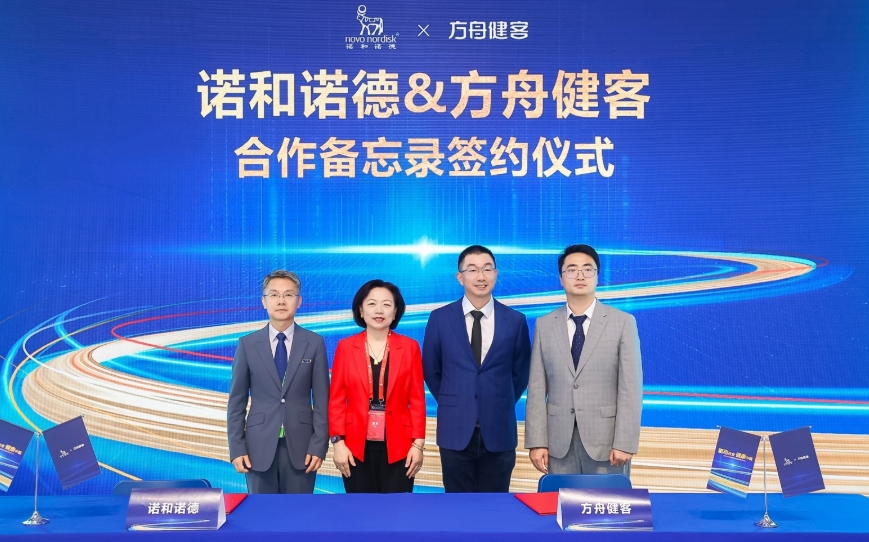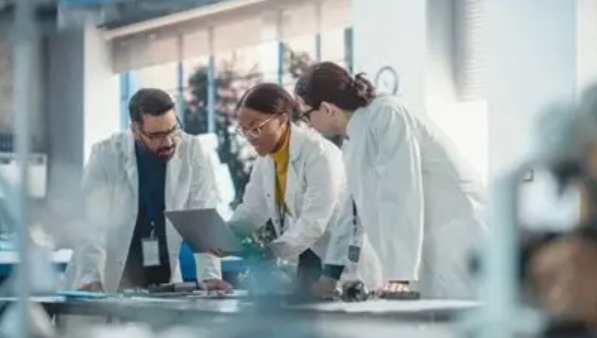
What are the major plans in store for the new APAC hub at Singapore?
For a company like Abcam which strongly believes that collaboration is a big driver of progress, it is an exciting opportunity to join one of the world’s leading life sciences clusters. We have long standing relationships with key local players (such as A*STAR, Singapore’s Agency for Science, Technology and Research) and we are looking to build stronger connections with organisations that share our goal of pushing the boundaries of research.
We recognise that there is a growing mass of world-class academic institutes, biopharma, medtech and other organisations in APAC that need access to the latest innovations and support in order to progress and advance their research. We have established this physical presence at the centre, to be able to better understand their needs and enable us to work together more closely. Singapore is one of the most recognised locations for life sciences in APAC, so it is a great place to base ourselves.
How is the Singapore hub different from the other Abcam’s centres in China and Australia?
We’ve been active in the APAC region since our early days and have gradually grown our presence to serve customers’ needs in the region. To date, this includes two sites in China, one in Japan and one in Australia, covering corporate functions, sales, distribution, R&D, manufacturing and IT development.
Our new regional hub in Singapore complements our local presence and will geographically cover everything from New Zealand in the east to India in the west, excluding China. This means that we are able to provide expert scientific support, customer support and commercial support in our customer’s preferred time zone.
It is worth noting that mainland China is still being served by our recently expanded sites in Shanghai and Hangzhou.
How much of your revenue comes from the APAC region?
APAC is an important and growing market for us and currently makes up 15 per cent of our overall revenue (based on the 18 months ended December 31, 2021). Including China, that increases to 34 per cent.
What are your growth plans in this region?
The past years have demonstrated that APAC is a central place to drive innovation and life sciences research. For example, the number of life science journals in Asia Pacific increased by more than 40 per cent between 2016 and 2020 – reflecting the growing R&D engine in the region.
Through our multilingual, multicultural team here in Singapore we hope to strengthen our interactions with the growing scientific community across APAC and help them to advance at pace research that could benefit everyone.
Are you providing more job opportunities at APAC?
We’re excited to be hiring for a number of positions not only in our new hub in Singapore but also at our facilities in China, Japan and Australia. In Singapore, we’re currently at about 50 per cent capacity, giving us room to expand as the market demand grows.
Are there any investment/ expansion plans for India or any other Asian country?
As you know, the dynamic of the life science/healthcare sector in APAC is rapidly changing. Consequently, we are continually reviewing and evolving our global presence (direct or indirect) to ensure researchers everywhere in the world are best served as their needs progress over time. For example, we have recently increased our number of distributors in India to be able to better reach customers and serve their needs.
Any new product launches in store for the APAC market in 2022 or later?
The life sciences community is global and reproducible science is critical to enable progress. That’s why all our products and services, such as our antibodies, assays, proteins, engineered cell lines, conjugation kits, and the recently added BioVision range, are launched and made available globally.
We increasingly invest into technology and product innovation. For example, in CY2021, our teams developed and launched over 2,500 high-quality antibody products, including recombinant RabMAb antibodies, antibody pairs, SimpleStep ELISA kits and new formulations that enable faster labelling and assay development.
It is part of our multi-year strategy to build an effective R&D engine that will continue to anticipate and meet future research needs in APAC and beyond, and increase differentiation of our product and services.
How do you foresee the growth and challenges of the life sciences market in the APAC region? How does Abcam plan to contribute/address it?
We see huge opportunities for the life sciences community in APAC. Despite being home to 60 per cent of the global population, health expenditure in APAC accounts for just 6 per cent of the region’s GDP (compared to ~17 per cent in the US). This combined with growing R&D capabilities, supportive policies, large public investments and a societal need driven by an ageing population, the life science sector in APAC has a huge potential for growth.
This opportunity is increasingly attracting life sciences companies to APAC from all over the globe, as well as inspiring the inception of numerous home-grown organisations. Through our new hub in Singapore, and expanded presence in APAC, it is our goal to fuel R&D in the region and support the growth and excellence of Asia in the global life sciences landscape.
Dr Manbeena Chawla
(manbeena.chawla@mmactiv.com)




